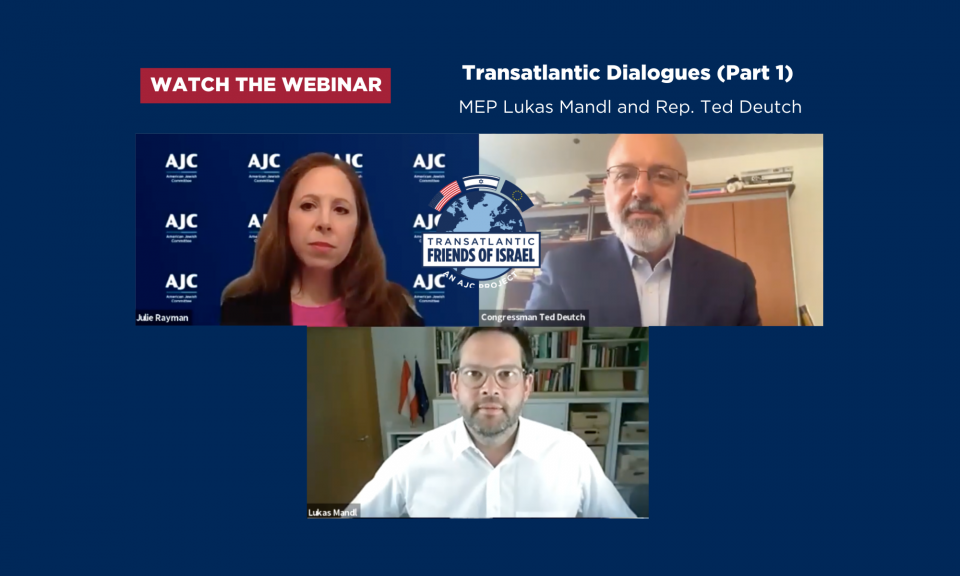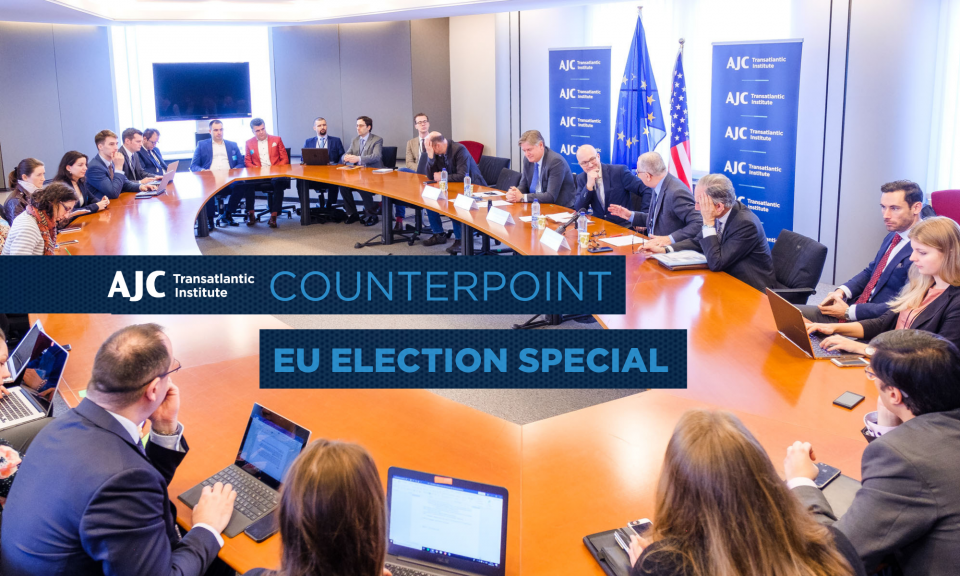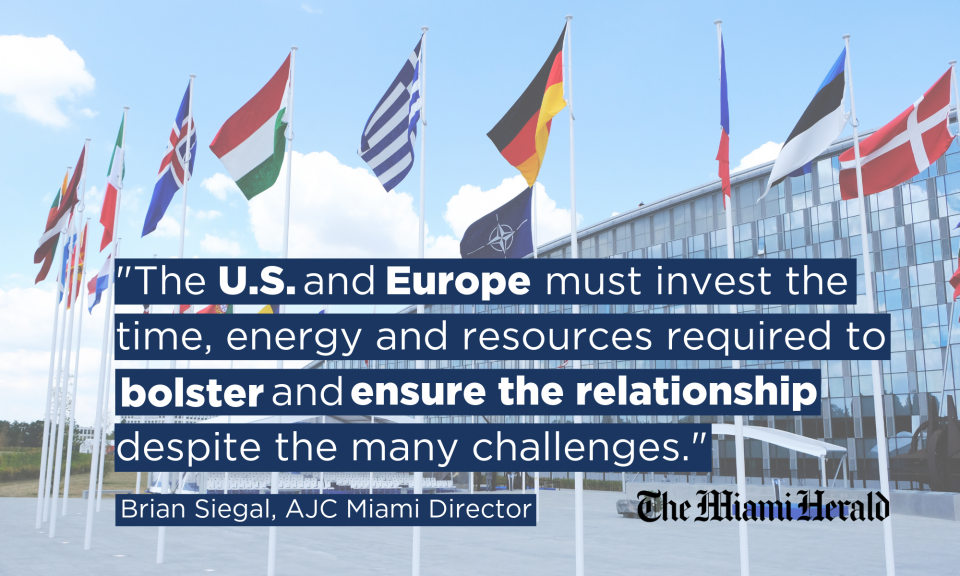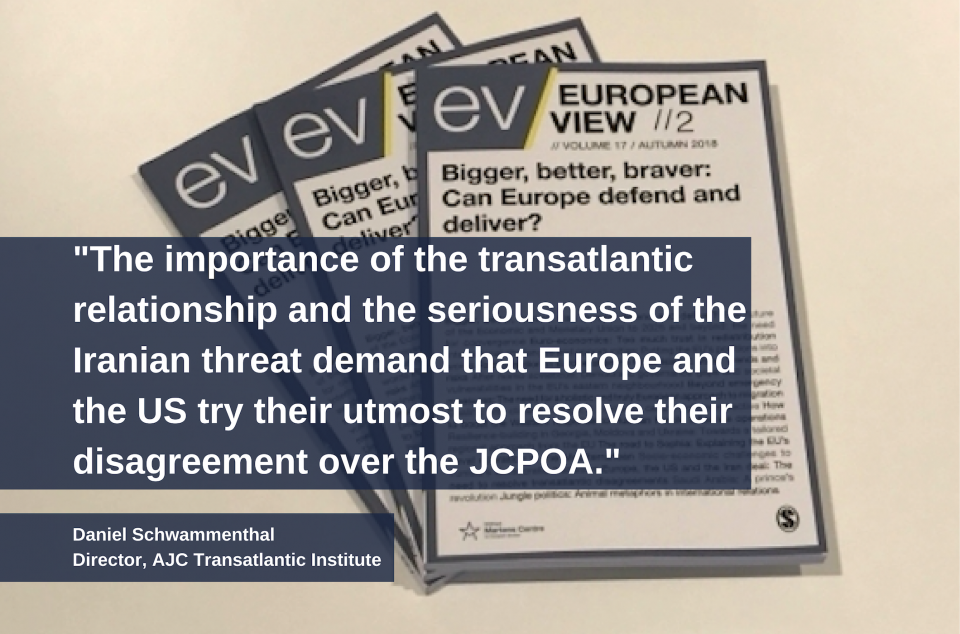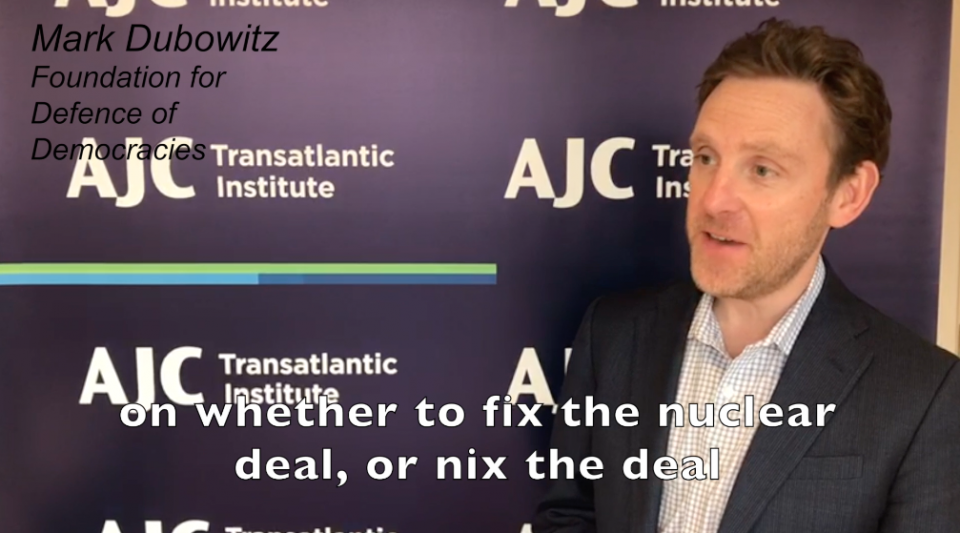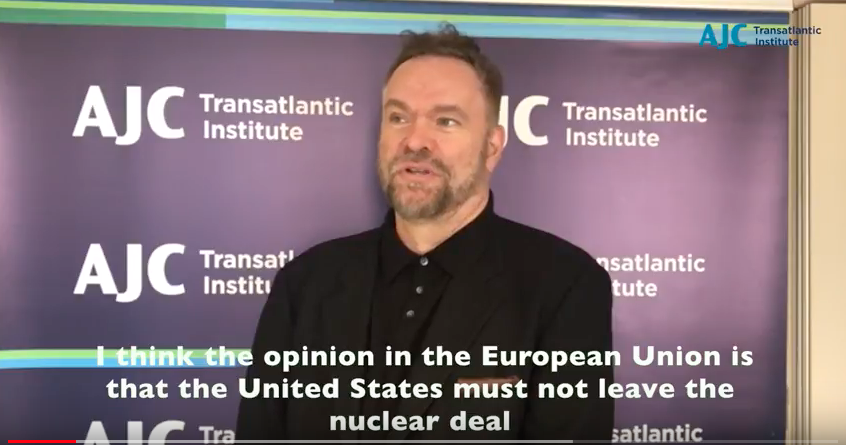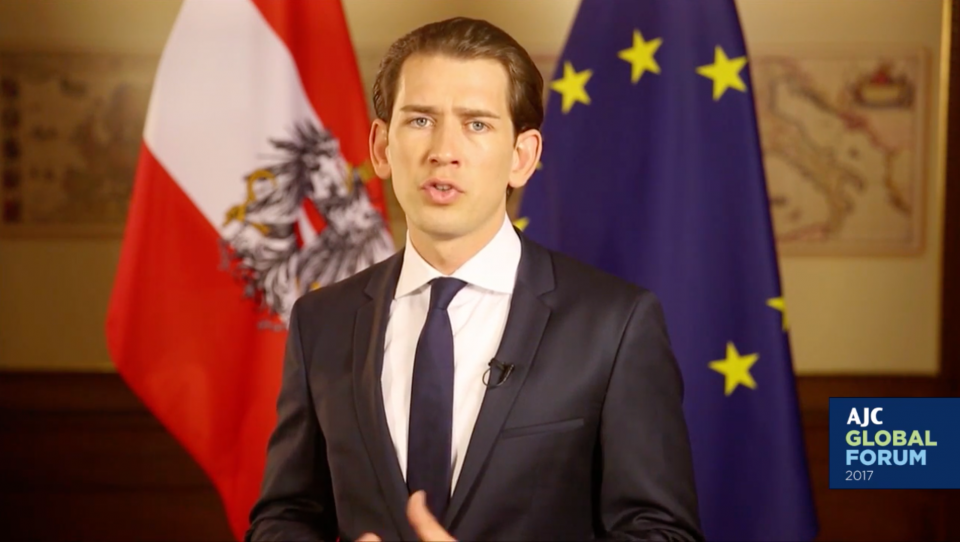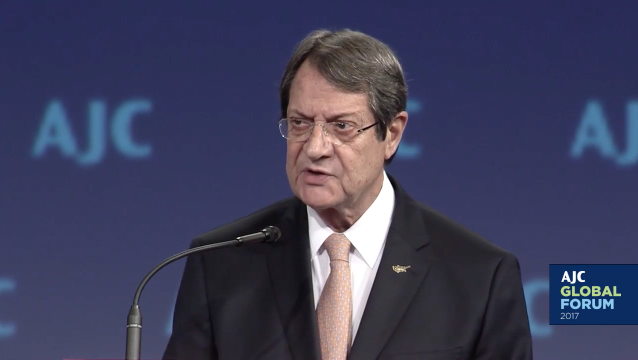Analysis
Germany’s True Friends
May 30, 2021
Internationale Politik (Originally in German)
By Remko Leemhuis and Eric Adam
A recent survey revealed that 36% of Germans believe that the U.S. is the greatest threat to their democracy, higher than China and Russia. In a separate survey, 66% of Germans stated they would want Germany to remain neutral in a conflict between the United States and Russia or China.
How can America be seen as a greater threat to German democracy than Russia and China? How could public perception sink so low? These numbers not only reveal a fundamental lack of threat perception towards Russia and China, two authoritarian regimes that have a vested interest in undermining the European Union and the transatlantic alliance, but a decades-long failure of German politics to communicate publicly why strong relations with the United States are historically, politically, and morally necessary.
There is no Equidistance
Berlin often shrugs and points to Trump for the poor state of affairs, but four short rocky years are not enough to explain this deep misperception of America. Putin’s mafia state destabilizes neighboring countries, assassinates political opponents on European soil, and went so far as to hack the Bundestag. China’s authoritarian regime meanwhile imprisons religious minorities in camps, seeks to end democratic governance in Hong Kong and Taiwan, and is aggressively undermining the liberal world order. This list alone, which could easily be expanded upon, should underscore for Berlin that there can be no moral or political equidistance between Washington, Moscow, and Beijing.
As much as Germans may wish, they will find their country cannot stay neutral in competition between the U.S., Russia, and China. Germans must stand firmly with European and American allies in defense of common values. Not just for the sake of relations to the U.S., but out of sheer self interest it is high time for Berlin to see the world as it is and embrace the transatlantic alliance.
Hard Power and Leverage Matters
Observing German foreign policy today, it seems that Berlin sees a world full of partners or soon-to-be-partners if only there was a little more dialogue. Naturally diplomacy is always the first choice, but hard power and leverage to back up words matter too. If Germany is to provide more than lip service to the transatlantic alliance, it must align words with actions and pocket books. Initiatives that are not merely economic projects but political leverage for autocratic and totalitarian regimes must be ended; the transatlantic relationship is a two way street and both sides need to make efforts to (re)establish trust.
Joe Biden is now President and ready to engage European allies. The German political sphere must signal their readiness to reciprocate and propose solutions to long-standing tensions as well.
Friends and Foes
But first there must be a clear debate about priorities in Berlin. This debate must begin with the realization that, though one hardly ever hears such terms used in Berlin, the West actually has adversaries--and even enemies--that are undermining liberal democracy. Setting priorities means identifying true friends and foes.
Finally, in light of the recent polling, even if “thankfulness” is not a term in international relations and may sound antiquated, Germans ought not forget: They live in a free and liberal society today thanks to the sacrifice Americans gave to liberate Europe from national socialism and the vast amounts of resources given through the Marshall Plan. German politicians also ought to remind themselves of this from time to time.
What should be an imperative for German foriegn policy, it is pertinent to remember what the late John McCain said in his last address to the Munich Security Conference in 2017: “We must take our own side in this fight. We must be vigilant. We must persevere. And through it all, we must never, never cease to believe in the moral superiority of our own values: that we stand for truth against falsehood, freedom against tyranny, right against injustice, hope against despair -- and that even though we will inevitably take losses and suffer setbacks, through it all, as long as people of goodwill and courage refuse to lose faith in the West, it will endure.”
